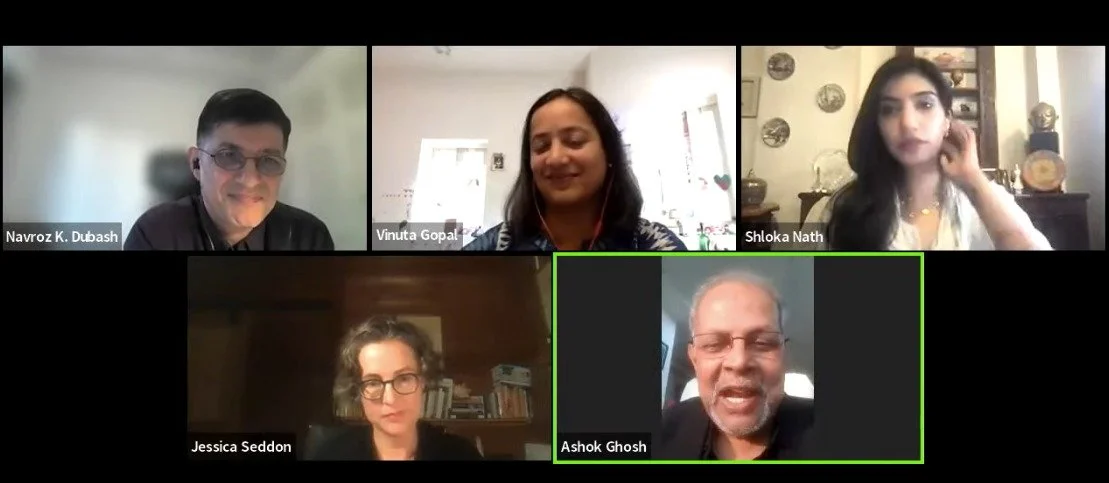ETS is gaining traction as a market-based instrument to reduce industrial emissions. However, questions around transparency, reproducibility, state capacity, and policy design and clarity threaten the viability of this approach in the Indian context.
Read MoreA new report report has shown us, yet again, that air pollution is a national emergency, and that we must reject the discourse centred solely around Delhi. We must eschew the techno-fixes currently dominating discourse and recognise the long-term transitions necessary to sustainably improve air quality.
Read MoreIndia's nationwide, year-round air quality crisis requires a radical rethink. But how does parliamentary discourse frame this issue? How should India approach its air quality standards in light of the WHO making its global guidelines more stringent? What would "taking the long view" on air pollution strategy look like?
Read MoreAir pollution is a complex societal problem. We must recognise this and focus our attention on long-term policy pathways with clear goals and timelines
Read MoreWhile EVs can help improve local air quality, simply replacing existing vehicles with EVs will not be sufficient. EVs could not only lead to increased emissions upstream, but potentially also worsen non-exhaust emissions.
Read MoreWHO guidelines are a clear nudge from the health sector towards the deep decarbonisation of our economy necessary to achieve both climate and air pollution goals. Placing public health at the centre of air quality management, coupled with a commitment to accountability and transparency in standard-setting, is the only way to ensure that the goals we set do not remain solely aspirational.
Read MoreThe recent Working Group 1 report of the Intergovernmental Panel on Climate Change finds that particulate matter (PM or simply, fine particles) have ‘masked’ the impact of greenhouse gas emissions generated over the last century by about a third. If air pollution mitigation ‘worsens’ global warming, must we rethink pollution controls at all? Not quite.
Read MoreGiven the scale and scope of air pollution, the multiple sources involved, and the complexity of governance, this problem cannot be addressed without an actively involved executive.
Read More







